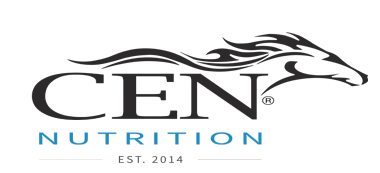
What happens when you feed a horse chaff?
Why is hay important for ulcers?
SHOULD CHAFF BE INCLUDED IN A HORSE’S DIET
When formulating a healthy diet for your horse, should chaff be included?
There are many aspects to consider, as horses are what we call ‘trickle feeders’. They are physiologically designed to be ingesting and digesting food almost continuously.
Many horse diets in Australia feed too much chaff and not enough hay. You can save money and improve your horse’s health by removing chaff from their diet.
WHY DON’T YOU NEED TO FEED A HORSE CHAFF?
The centerpiece of all horse diets must be roughage in the form of long stem roughage. This provides the most chewing and saliva production.
The digestion of long stem roughage satisfies a horse’s inbuilt natural drive to graze continuously, helping to neutralise the constant rise in stomach acid and for digestive and mental/behavioural health.
WHAT HAPPENS WHEN YOU FEED A HORSE CHAFF?
Adding chaff to “bulk up” a horse’s hard feed is not beneficial. It does not promote as much chewing as hay as the strands are shorter. Less chewing equals less saliva production to help buffer the continuous gastric acid production which can lead to ulcers.
The hard feed should be used to balance out the nutrients not contained in the hay and once finished, the horse will return to grazing continuously on the hay provided. Long-stemmed roughage takes a horse longer to chew and digest, which keeps them fuller for longer and improves nutrient absorption and utilisation.
WHY IS HAY IMPORTANT FOR ULCERS?
Horses will produce gastric acid regardless of whether they have food and saliva entering their stomach or not, highlighting the importance of providing roughage constantly to help prevent the development of ulcers and other digestive upsets such as colic.
Aim for at least 1.5% of their body weight in either pasture or grassy hay. (400kg horse requires at least 6kg per day)
By satisfying your horse’s natural instincts, you will lower the risk of developing many metabolic conditions in the future.
Please contact us if you would like us to help balance the nutrient profile of your horse’s diet.
Written by Bryan Meggitt (BMedSc. PGCrtMedSc.)
Senior Scientist and Co-founder of CEN Horse Nutrition
Bryan is passionate about improving equine health through nutrition according to science & nature.

